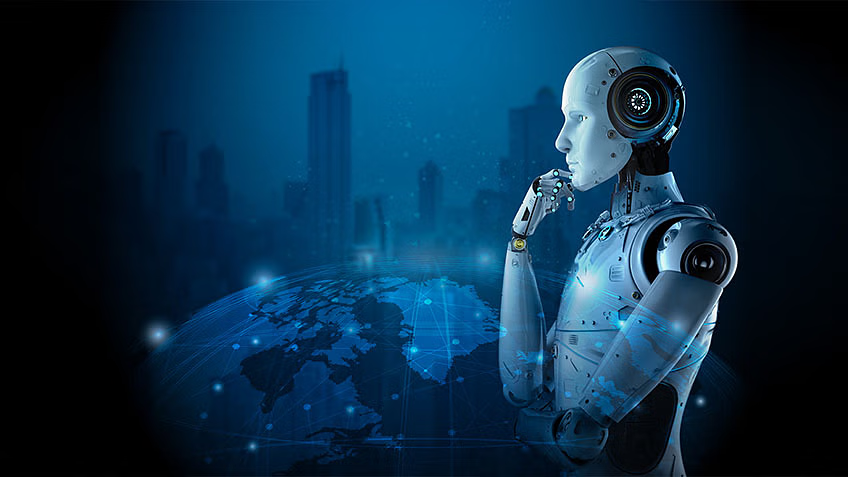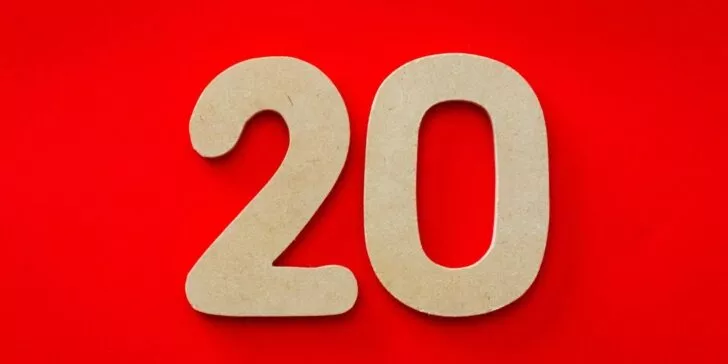Catalyze: To produce fundamental change. To transform.
It’s hard to imagine a verb that is more appropriate right now.
COVID-19 is forcing a lot of us to think and feel and behave very differently than we did a month or two ago. But in many cases, these changes are ones that were already slowly happening. The pandemic just stopped the slow evolution, and shoved us fully into new practices.
In the future…
- Will pharmaceutical sales reps still call on doctors in their offices, after companies are finding workarounds now, when offices are closed? Once they see how they can reach out to healthcare professionals digitally through multichannel campaigns that are sophisticated enough to reach their targets through various touchpoints – will they adjust how much of they spend on that component of their marketing budget? *
- Will clinical trials still rely on patients regularly coming into clinics, after researchers are now finding ways to monitor patients remotely, with digital wearables and other digital devices? *
- Will we still have conferences and medical congresses, where people get together annually to do things like look at posters, once organizers experience the feasibility of virtual meetings that offer the same potential for instantaneous information sharing, but without the concern of travel? *
(* Have I been writing on these topics for my clients? I sure have.)
- Will office space still be expensive, or will businesses default to remote workforces, after being forced to organizations remotely? Will this help people with disabilities who would otherwise have had a harder time getting and keeping jobs?
- Will anyone – adult or child – have snow days or sick days again, or will people be expected to work remotely in those cases? Will this coalesce nuclear families into tighter units, or will it just exacerbate the overworking of America?
- Will Westerners adopt the Asian cultural practice of wearing masks in public – not only to reduce the spread of coronavirus specifically, but to protect against general sickness or hayfever or pollution, and against spreading one’s own sickness to others?
Time will tell. It’s possible that we may have some opposite reactions, too. When restrictions eventually lift, we may be so charmed by, and starved for, human interaction that we’ll seek out face-to-face opportunities more aggressively than ever before. I think we will do that, especially in our personal lives, in the short term. But professionally, I think practicality will come out on top. We’ll keep the benefits that we were forced to experience during these awful circumstances.
There’s something called the curb-cut effect. Once, curb cuts (the sloped edges of sidewalks at street corners) were insisted to be far too much effort to be able to be practically instituted to help people in wheelchairs. But then they were mandated by the then-new Americans With Disabilities Act. And then, able-bodied people noticed… huh, they were pretty helpful for them, too. For strollers, bikes, carts, wagons, luggage, skateboards, roller skates… even just regular walking pedestrians. The workaround that we didn’t want to bother with, turned out to be a beneficial thing to integrate into our modern world, for everyone.
Here’s a quote on this phenomenon from The Stanford Social Innovation Review:
There’s an ingrained societal suspicion that intentionally supporting one group hurts another. That equity is a zero sum game. In fact, when the nation targets support where it is needed most—when we create the circumstances that allow those who have been left behind to participate and contribute fully—everyone wins. The corollary is also true: When we ignore the challenges faced by the most vulnerable among us, those challenges, magnified many times over, become a drag on economic growth, prosperity, and national well-being.
The Stanford Social Innovation Review
The pandemic is extraordinarily painfully uncovering many things, certainly in America, at least. How desperately the healthcare system needs fixing. How desperately we need to let science lead policymaking. How many of our default business, education, and social practices were outdated and archaic and left some populations behind.
How desperately we all need each other.
None of us would choose this way to learn how much any of this matters. But here we are.

